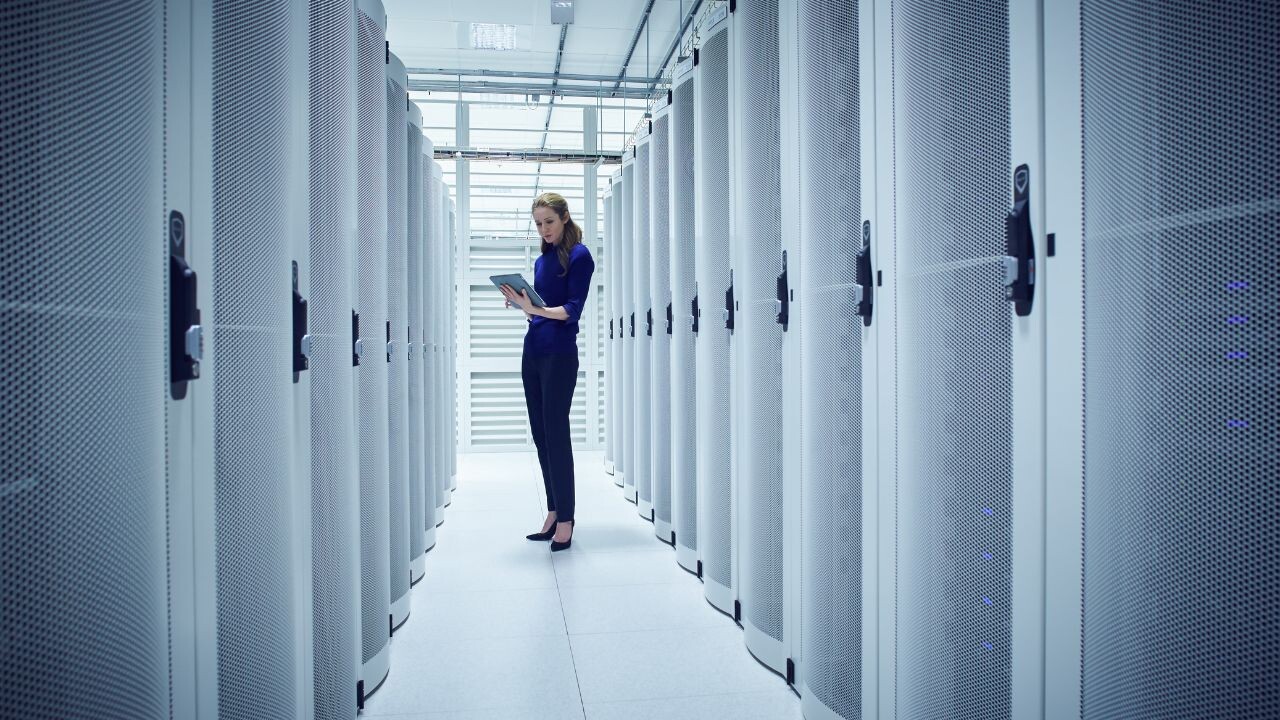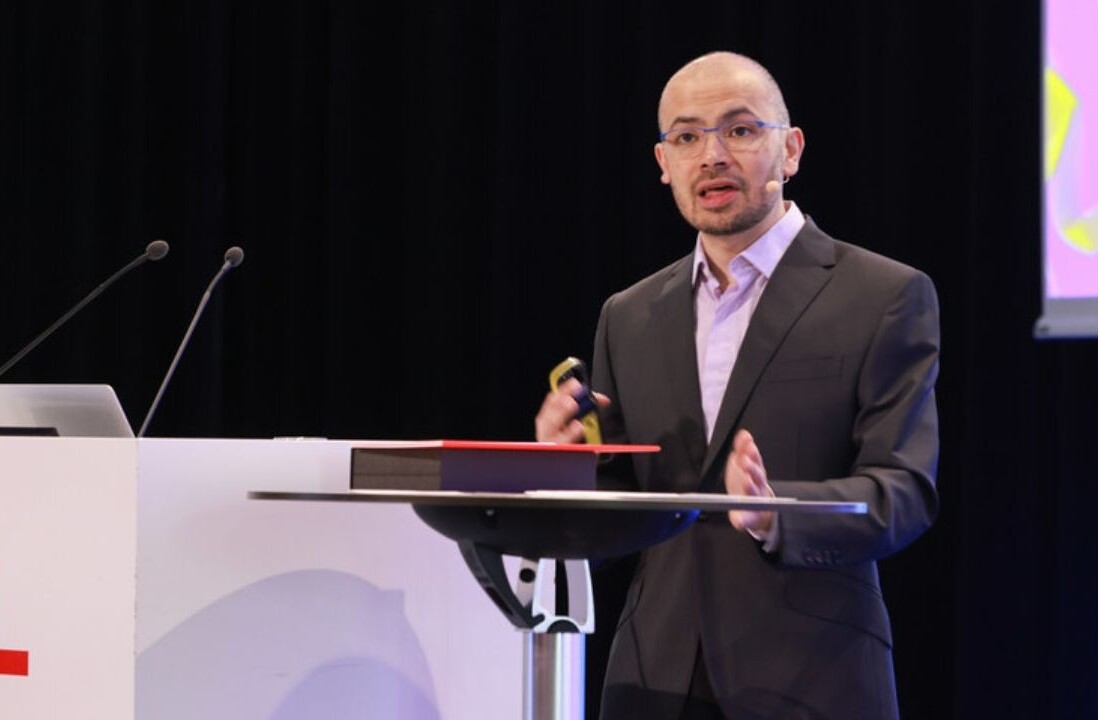The International Energy Agency (IEA) has published its first major report on the AI gold rush’s impact on global energy consumption — and its findings paint a worrying, and perhaps contradictory, picture.
Energy use from data centres, including for artificial intelligence applications, is predicted to double over the next five years to 3% of global energy use. AI-specific power consumption could drive over half of this growth globally, the report found.
Some data centres today consume as much electricity as 100,000 households. The hyperscalers of the future could gobble up 20x that number, according to the IEA. By 2030, data centres are predicted to run on 50% renewable energy, the rest comprising a mix of coal, nuclear power, and new natural gas-fired plants.
The findings paint a bleak picture for the climate, but there’s a silver lining, the IEA said. While AI is set to gobble up more energy, its ability to unlock efficiencies from power systems and discover new materials could provide a counterweight.
“With the rise of AI, the energy sector is at the forefront of one of the most important technological revolutions of our time,” said Fatih Birol, IEA’s executive director. “AI is a tool, potentially an incredibly powerful one, but it is up to us – our societies, governments, and companies – how we use it.”
AI can help to optimise power grids, increase the energy output of solar and wind farms through better weather forecasting, and detect leaks in vital infrastructure. The technology could also be used to more effectively plan transport routes or design cities. AI also has the potential to discover new green materials for tech like batteries.
However, the IEA warned that the combined impact of these AI-powered solutions would be “marginal” unless governments create the necessary “enabling conditions.”
“The net impact of AI on emissions – and therefore climate change – will depend on how AI applications are rolled out, what incentives and business cases arise, and how regulatory frameworks respond to the evolving AI landscape,” the report said.
Divisions in the AI energy debate
While AI could, theoretically, curb energy use, major questions remain. Meanwhile, the technology’s negative climate impact is already set in.
The IEA predicts data centres will contribute 1.4% of global “combustion emissions” by 2030, almost triple today’s figure and nearly as much as air travel. While that doesn’t sound like much, the IEA’s figure doesn’t account for the embodied emissions created from constructing all those new data centres and producing all the materials therein.
Alex de Vries, a researcher at VU Amsterdam and the founder of Digiconomist, told Nature that he thinks the IEA has underestimated the growth in AI’s energy consumption.
“Regardless of the exact number, we’re talking several percentage of our global electricity consumption,” said de Vries. This uptick in data centre electricity use “could be a serious risk for our ability to achieve our climate goals,” he added.
Claude Turmes, Luxembourg’s energy minister, accused the IEA of presenting an overly optimistic view and not addressing the tough realities that policymakers need to hear.
“Instead of making practical recommendations to governments on how to regulate and thus minimise the huge negative impact of AI and new mega data centres on the energy system, the IEA and its [executive director] Fatih Birol are making a welcome gift to the new Trump administration and the tech companies which sponsored this new US government,” he told the Guardian.
Aside from AI, there are more proven ways to curb energy use from data centres. These include immersion cooling, pioneered by startups like Netherlands-based Asperitas, Spain’s Submer, and UK-based Iceotope. Another is repurposing data centre heat for other applications, which is the value proposition of UK venture DeepGreen.
All of these weird and wonderful solutions will need to scale up fast if they are to make a dent in data centres’ thirst for electricity. Ultimately, we also need to start using computing power more wisely.
The debate on sustainable AI will continue at TNW Conference, which takes place on June 19-20 in Amsterdam. Tickets for the event are now on sale. Use the code TNWXMEDIA2025 at the check-out to get 30% off the price tag.
Get the TNW newsletter
Get the most important tech news in your inbox each week.





